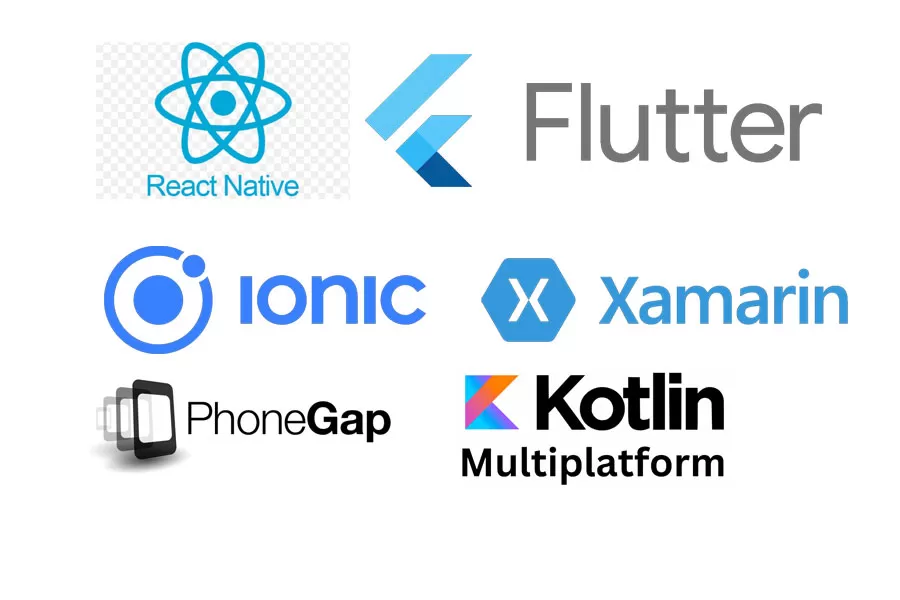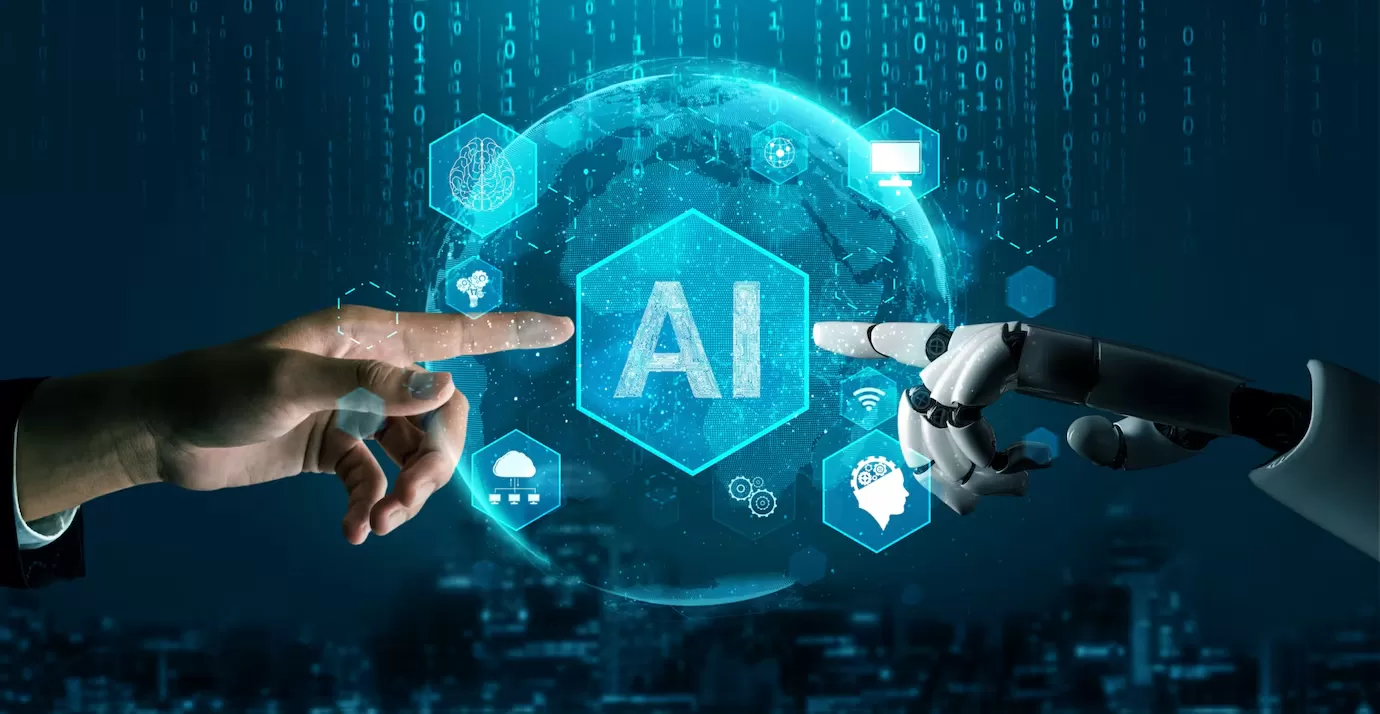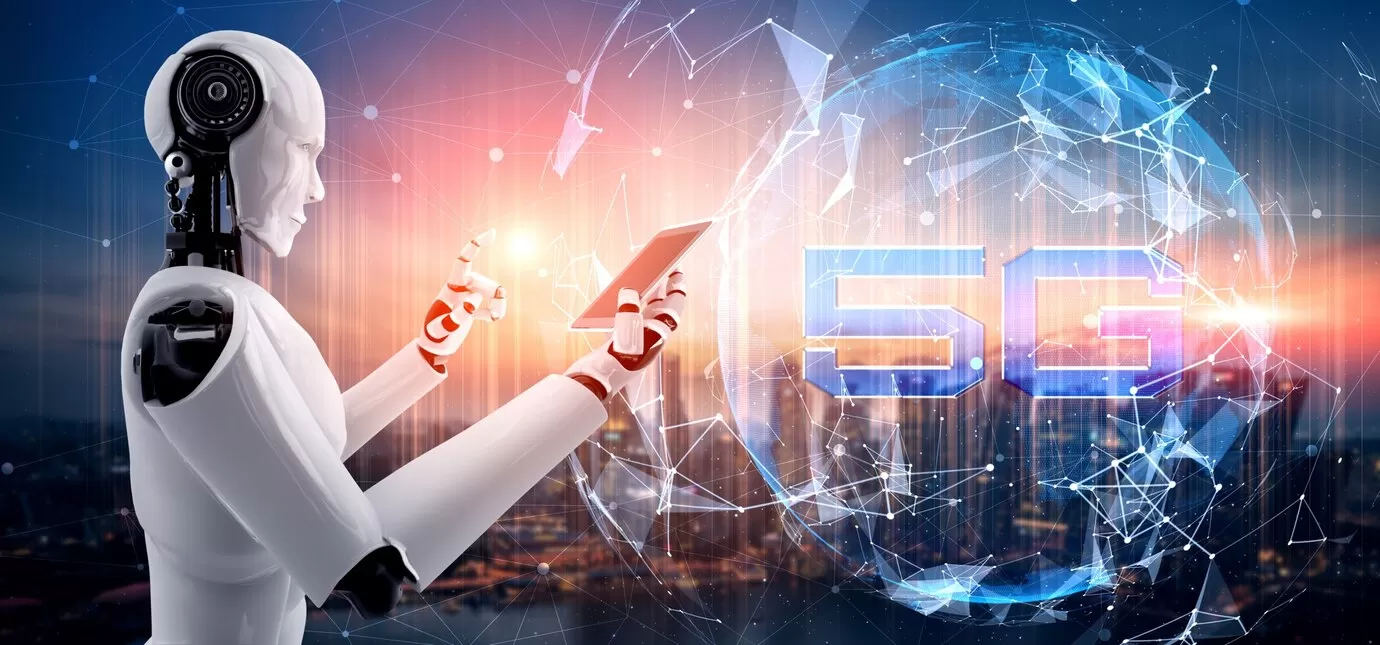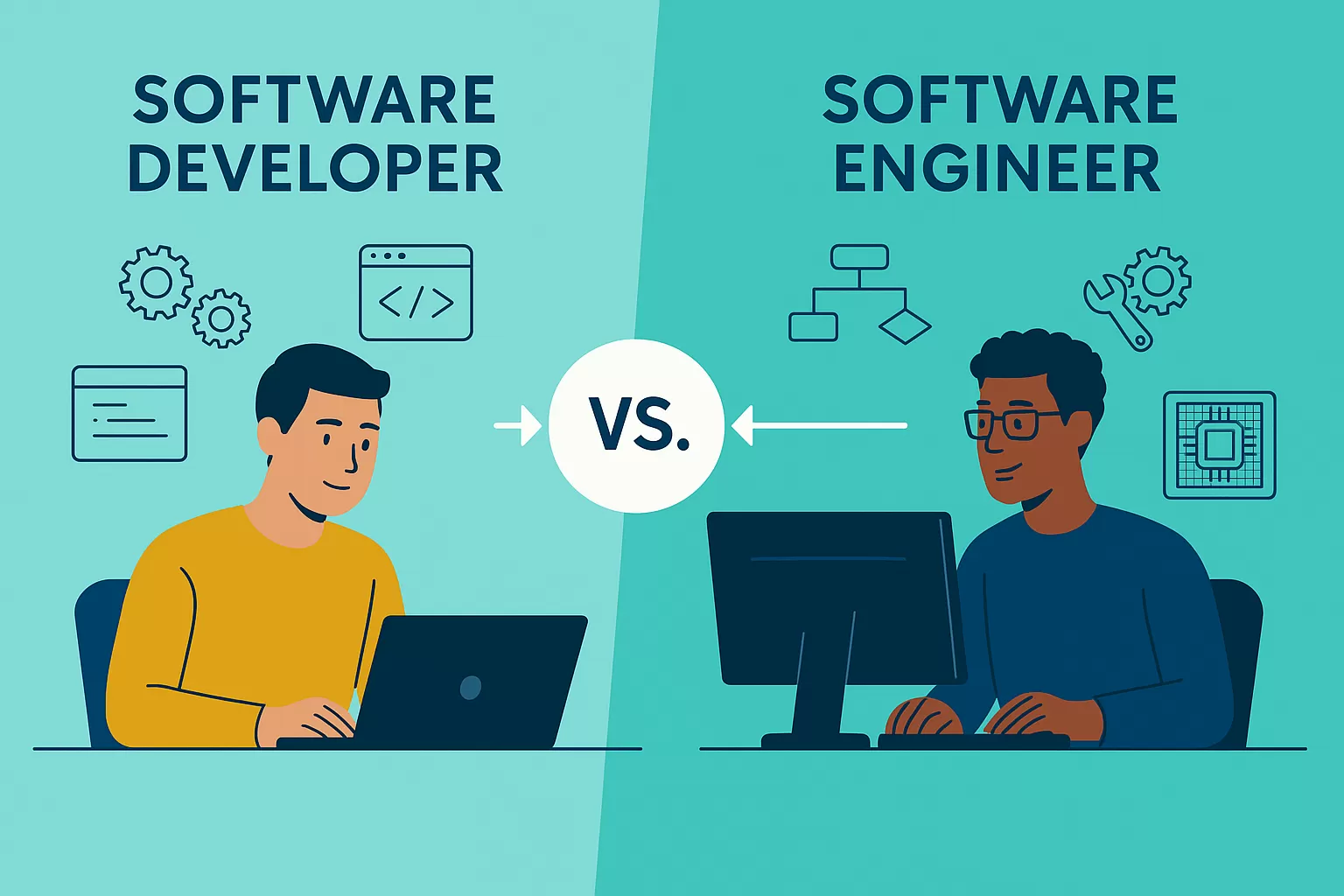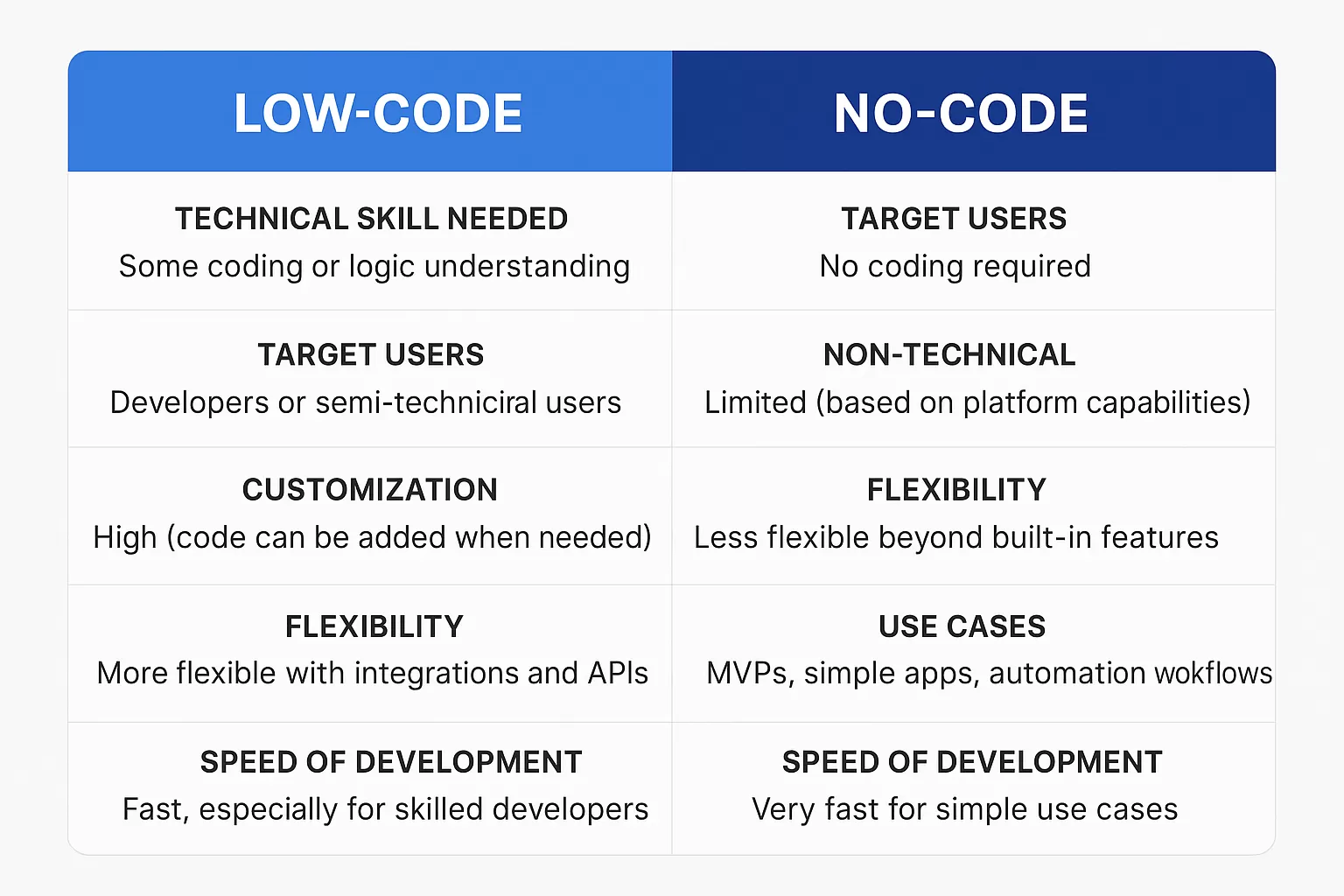The healthcare industry is undergoing a massive transformation, and mobile app technology will play a central role in shaping its future. Over the next decade, healthcare apps will evolve, providing more personalized, efficient, and accessible services for patients and providers alike. Here's an overview of how healthcare and mobile apps will merge to revolutionize the health industry:
1. Telemedicine and Virtual Care
- Telehealth Apps: With the rise of virtual healthcare, apps like Teladoc, Amwell, and Doctor on Demand will continue to grow, allowing patients to consult with doctors, therapists, and specialists via video calls, phone, or chat. Expect more AI-powered diagnostic tools integrated into these apps, enabling real-time diagnosis during consultations.
- Future Impact: In the next 10 years, telemedicine will become a core aspect of healthcare, offering remote monitoring, virtual consultations, and quicker access to specialists, even in rural or underserved regions. Expect features like real-time diagnostic feedback, AI-driven health assessments, and even virtual physical exams.
- Key Benefits: Reduced waiting times, better access to healthcare professionals, more affordable care, and the ability to reach patients in remote locations.
2. AI and Machine Learning in Health Diagnostics
- AI-powered Health Monitoring: Mobile apps will integrate AI-powered diagnostic tools that can analyze symptoms, predict illnesses, and offer personalized health insights based on user data. These apps will use machine learning to detect patterns and predict potential health risks, such as cardiovascular issues, cancer, or diabetes, based on lifestyle and genetic information.
- Future Impact: Expect healthcare apps to identify diseases early by analyzing medical data like blood tests, MRI scans, and ECG readings, offering users detailed reports and actionable recommendations.
- Key Benefits: More accurate diagnoses, early disease detection, preventive care, and greater empowerment for patients in managing their health.
3. Personalized Medicine and Genetic Testing
- Genomics Apps: Advances in genomics will lead to the rise of apps that provide personalized health insights based on genetic testing. 23andMe and AncestryDNA are already popular, and in the future, we’ll see more in-depth health-related genetic testing apps that offer insights into predispositions to diseases, drug responses, and overall health risk factors.
- Future Impact: Apps will integrate genetic data and health records to offer tailored treatment plans, suggest dietary changes, or even recommend preventive medications based on an individual's genetic makeup.
- Key Benefits: Personalized healthcare, better medication management, and customized health recommendations based on genetic profiles.
4. Wearable Health Devices and Mobile Apps
- Smart Wearables Integration: Devices like Fitbit, Apple Watch, and Whoop already track physical activity, heart rate, sleep, and other key metrics. These wearables will become even more advanced, integrating with healthcare apps to provide continuous health monitoring and real-time data analysis.
- Future Impact: Over the next decade, expect to see wearables that measure blood glucose levels, blood pressure, and oxygen saturation in real time, sending data directly to healthcare apps for constant monitoring. AI will analyze this data and alert users to potential health issues before they become serious.
- Key Benefits: Continuous health monitoring, early detection of health issues, and personalized fitness and health insights.
5. Mental Health Apps
- AI-Powered Therapy and Counseling: Mental health apps like Headspace, Calm, and Talkspace will continue to grow, offering users guided meditations, therapy sessions, and stress management tools. Over time, more apps will integrate AI-driven personalized mental health interventions, such as mood tracking and real-time suggestions for managing stress, anxiety, and depression.
- Future Impact: AI will be used to offer more personalized mental health support, including virtual therapists, self-help tools, and mindfulness exercises based on real-time data from users. Apps will also provide 24/7 support, allowing individuals to seek help at any time.
- Key Benefits: Increased accessibility to mental health resources, personalized therapy, and early intervention for mental health issues.
6. Blockchain for Health Data Security
- Data Privacy and Interoperability: As healthcare apps store sensitive medical data, blockchain technology will provide secure, decentralized platforms to store and share patient records, ensuring data privacy and preventing unauthorized access. Blockchain can ensure that all data transactions (e.g., doctor visits, lab results) are transparent and tamper-proof.
- Future Impact: Apps will incorporate blockchain to provide a secure and patient-controlled ecosystem, where individuals can grant or revoke access to their medical records in real-time, making data portability easier across health systems.
- Key Benefits: Enhanced privacy and security, better data interoperability, and trust in health data sharing.
7. Chronic Disease Management Apps
- Remote Monitoring: For patients with chronic conditions like diabetes, heart disease, or asthma, apps will help with remote monitoring, track medication adherence, and provide real-time alerts. Devices like continuous glucose monitors (CGMs) or heart rate monitors will sync with mobile apps to provide constant tracking and recommendations for managing these conditions.
- Future Impact: Over the next 10 years, we’ll see apps that provide holistic chronic disease management, integrating medication tracking, exercise, diet, and remote consultation with healthcare providers. AI-driven analytics will adjust recommendations based on real-time data.
- Key Benefits: Better management of chronic diseases, real-time alerts, improved medication adherence, and proactive care.
8. Virtual Health Communities and Peer Support
- Health Social Networks: Health apps will facilitate virtual communities where users can interact with others who have similar health conditions. These platforms will offer peer support, educational resources, and mental health programs for various conditions, such as cancer, autoimmune diseases, or addiction recovery.
- Future Impact: Virtual support groups will become even more integral to patients' well-being, with AI helping to match users with the most relevant resources and communities.
- Key Benefits: Peer support, shared experiences, and better access to educational and emotional support resources.
9. AI-Driven Surgery Assistance
- Surgical Apps: AI will assist surgeons in performing procedures by analyzing real-time data and recommending optimal techniques or even assisting with robotic surgeries. Future apps will integrate augmented reality (AR) to offer real-time guidance during surgeries, helping surgeons see key structures more clearly or navigate complex procedures.
- Future Impact: We could see AI-assisted surgery as the norm, with apps and robotic tools offering support in real-time to minimize human error and optimize surgical outcomes.
- Key Benefits: More accurate surgeries, reduced recovery times, and better overall outcomes for patients.
10. Health Education Apps with Immersive Technology
- AR/VR Health Education: Mobile apps will incorporate augmented reality (AR) and virtual reality (VR) to offer immersive health education experiences. For example, users can visualize human anatomy, walk through medical procedures, or practice first aid skills in a virtual environment.
- Future Impact: AR and VR will help both patients and healthcare professionals learn about complex medical conditions or treatments in a more interactive and intuitive manner. It will also allow for better training of medical personnel.
- Key Benefits: Improved patient education, enhanced medical training, and greater understanding of complex health topics.
Conclusion: The Future of Health and Mobile Apps
The future of healthcare is bright, with mobile apps playing an essential role in revolutionizing patient care, improving outcomes, and making healthcare more accessible, personalized, and secure. AI, wearables, telemedicine, and blockchain will converge to provide real-time health tracking, predictive diagnostics, and customized treatments, all at the touch of a button.
As the technology continues to evolve, mobile health apps will become indispensable tools for both patients and providers, enabling better health outcomes, more efficient care, and greater convenience for users worldwide.



